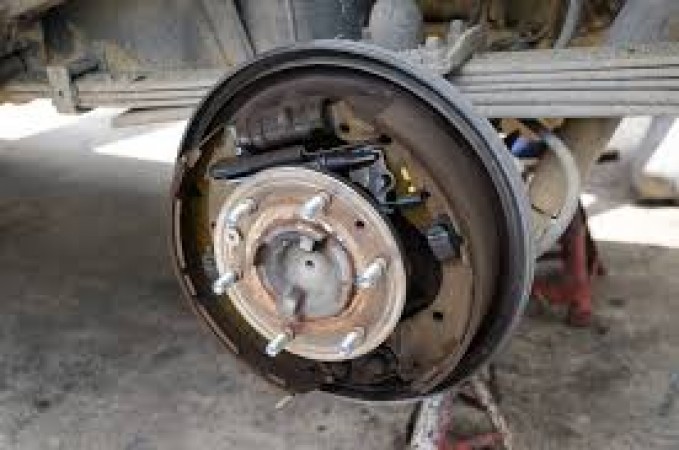
When it comes to braking systems in vehicles, two main types dominate the market: drum brakes and disc brakes. Both systems serve the same purpose – to slow down or stop the vehicle – but they do so in different ways. Let's delve into the intricacies of each system and compare their performance and control.
Drum Brakes: Traditional and Reliable
1. Anatomy of Drum Brakes
Drum brakes consist of several key components, including brake shoes, a brake drum, wheel cylinder, springs, and an adjuster mechanism.
2. How Drum Brakes Work
When you press the brake pedal, hydraulic pressure forces the brake shoes to press against the inner surface of the brake drum. This friction generates heat, which slows down the rotation of the drum and, consequently, the wheel.
3. Control and Performance
While drum brakes are effective for everyday driving and provide adequate stopping power, they are prone to overheating during prolonged or heavy use. This can lead to a phenomenon known as brake fade, where the braking efficiency decreases over time.
Disc Brakes: Modern and Efficient
1. Anatomy of Disc Brakes
Disc brakes consist of a brake rotor (or disc), brake pads, calipers, and hydraulic components such as master cylinders and brake lines.
2. How Disc Brakes Work
When you apply the brakes, hydraulic pressure forces the brake pads to clamp onto both sides of the spinning rotor. The resulting friction slows down the rotation of the rotor and, consequently, the wheel.
3. Control and Performance
Disc brakes offer several advantages over drum brakes, including better heat dissipation, which reduces the risk of brake fade. They also provide more consistent performance, even under heavy braking conditions.
Comparison: Control and Performance
1. Heat Dissipation
Disc brakes have an edge over drum brakes in terms of heat dissipation. The open design of disc brakes allows for better airflow, which helps dissipate heat more efficiently.
2. Brake Fade
Due to their design and improved heat dissipation, disc brakes are less prone to brake fade compared to drum brakes. This makes them a preferred choice for high-performance vehicles and heavy-duty applications.
3. Maintenance
While both types of brakes require periodic maintenance, disc brakes are generally easier to service and repair. Components such as brake pads and rotors can be replaced individually, whereas drum brakes may require more extensive adjustments and replacements. In conclusion, both drum brakes and disc brakes have their merits, but disc brakes offer superior control and performance, especially in demanding driving conditions. While drum brakes remain a cost-effective option for many vehicles, disc brakes have become the standard choice for modern automobiles due to their efficiency and reliability.
Travel Reimagined: Concierge Introduces Bespoke First-Class and Private Jet Experiences
Special opportunity to go to Darjeeling, say bye-bye to heat, know all the details
Make a plan to visit this beautiful place with your family in summer, the beauty is limitless